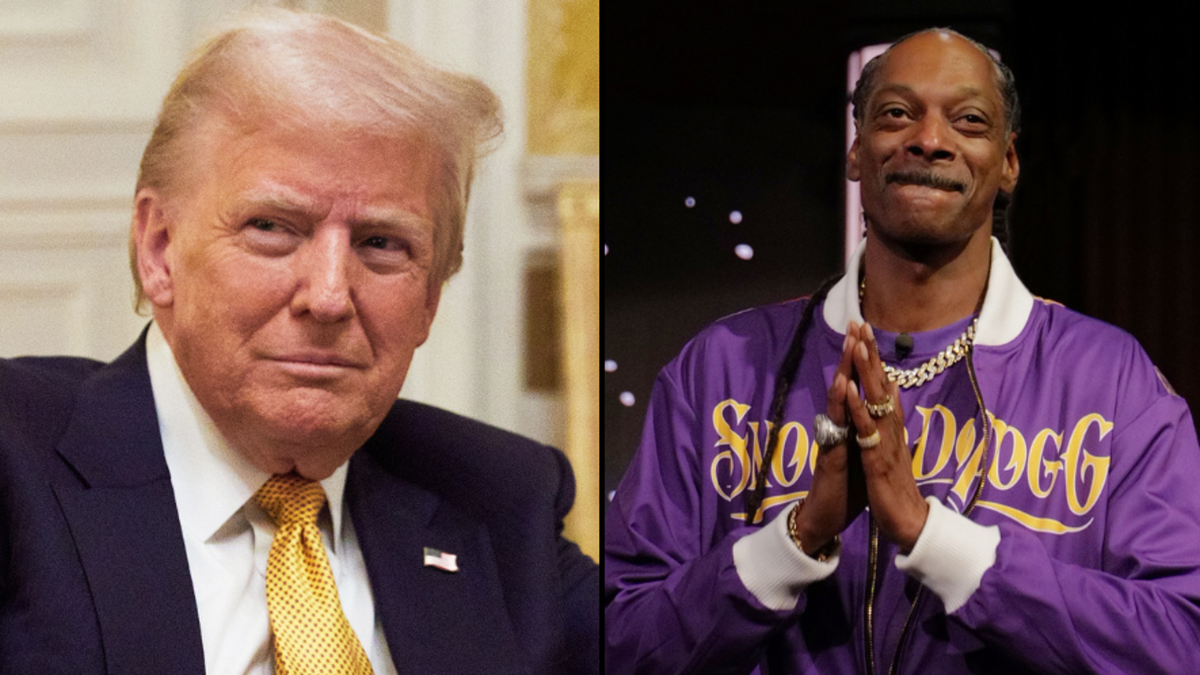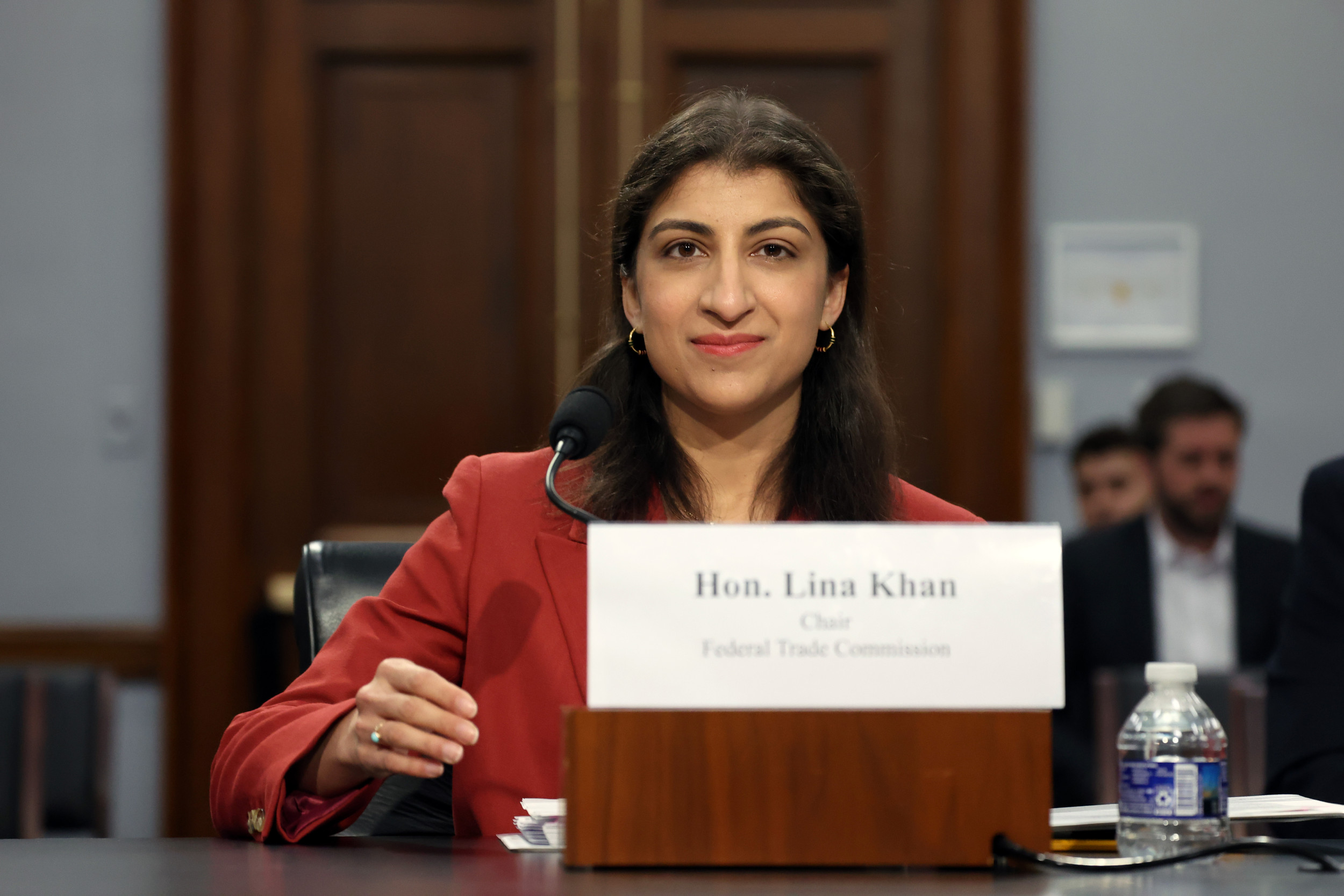The low approval ratings of Joe Biden and Donald Trump at the end of their terms may not matter as recent history suggests the legacies of U.S. presidents improve as years go by.
Newsweek has contacted the White House and the Trump transition team for comment via email.
Why It Matters
Discussion about Joe Biden's legacy has intensified as the 82-year-old prepares to leave office Monday after a single term. The president risks being remembered for missteps, such as initially seeking reelection, rather than for his accomplishments.

What to Know
Biden is set to leave the White House with the majority of Americans holding a negative view of him.
As of January 17, the outgoing president's average approval rating stood at 37.1 percent, according to 538. This is a sharp decline from the consistently above 50 percent approval ratings he enjoyed during the first six months of his presidency.
Over his four-year term, Biden's average approval rating was 42.2 percent, according to Gallup, the second-lowest in the polling organization's history.
His rating is one point higher than Trump's average 41.1 percent when he left office in January 2021.
The final Gallup poll of the Biden era, conducted between January 2 and 15 among 1,005 adults, reported a 40 percent approval rating for Biden. The results have a margin of error of plus or minus 4 percentage points.
Biden's final approval rating ranks as the sixth-lowest recorded among post-World War II U.S. presidents in Gallup's history.
Richard Nixon recorded the lowest approval rating in history—24 percent—just before resigning in August 1974 amid the Watergate scandal. Other low exit approval ratings include Harry Truman (32 percent in December 1952), Jimmy Carter (34 percent in December 1980), and George W. Bush (34 percent in January 2009).
Trump left office in January 2021 with a 34 percent approval rating in a Gallup poll largely conducted in the wake of the January 6 attack on the Capitol.
However, there is precedent to suggest that Biden's presidency, like others, may be judged more favorably in years to come.
While Truman left office with the second lowest post-World War II approval ratings (32 percent), he is now considered one of the greatest U.S. presidents.
The 2024 Presidential Greatness Project Expert Survey, which includes members of the American Political Science Association and other scholars, ranked Truman as the sixth greatest president of all time. A 2022 Siena College Research Institute survey of 141 presidential scholars ranked Truman seventh.
Trump was ranked the worst U.S. president of all time in the 2024 Presidential Greatness Project Expert Survey and the third worst in the 2022 Siena College survey.
Recent Gallup polling shows that public perception of Trump's first term has improved substantially. When Trump left office four years ago, 29 percent of U.S. adults thought history would judge him as an outstanding or above-average president, while 61 percent believed his presidency would be viewed as below average or poor.
A December 2024 Gallup poll of 1,003 adults found that 40 percent now view Trump's first term as outstanding or above average. They were 44 percent to rate it as below average or poor, a 17-point drop.
In the same poll, 54 percent of respondents believe Biden will be remembered as a below-average (17 percent) or poor (37 percent) president.
There have been comparisons between Biden and the legacy of Carter, another one-term Democratic president, following the latter's death on December 29 at age 100.
Carter's final Gallup approval rating of 34 is among the lowest of all post-World War II presidents. However, public perception of Carter has improved over time due to his humanitarian work and achievements such as his Nobel Peace Prize win in 2002.
In 1980, only 14 percent of people believed Carter would be remembered as an outstanding or above-average president. By December 2024, that figure had risen to 32 percent, while the percentage of people who thought his presidency would be remembered as poor or below average fell from 46 percent in 1980 to 26 percent.
What People Are Saying
Emeritus Professor of U.S. History at University College London Iwan Morgan previously told Newsweek: "Presidents tend to be better regarded over time rather than when they leave office. Biden's low rating is not surprising given his poor approval ratings during his term and the perception that the country was on the wrong track. In reality, Biden's economic record compares favorably with every president since Clinton, and he presided over a time of peace after withdrawing the U.S. from Afghanistan, albeit chaotically."
Gallup senior editor Jeffrey M. Jones wrote on January 17: "For some presidents—particularly Nixon, Reagan, and Obama—how Americans think they will be viewed historically aligns more closely with their final job approval rating than with their average term rating. This suggests that the initially poor retrospective evaluation of Biden's presidency may improve and exceed those of some other presidents in the future."
Former Obama strategist David Axelrod said during January 16 episode of the Hacks on Tap podcast: "Biden so wanted the approbation that I think he felt like to be a great president, you had to be a two-term president, or at least elected to two terms, and that was a terrible, terrible mistake. He will pay a price for that which will be beyond anything that he would have imagined. I hope that the clouds will recede in that he, like others, will be treated better by history than he is by voters right now."
What Happens Next
Biden will leave office, and Trump will be sworn in as president for the second time during an inauguration ceremony scheduled to begin around noon ET on Monday.




















 English (US) ·
English (US) ·